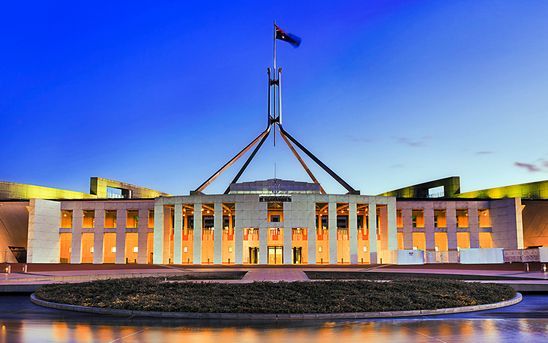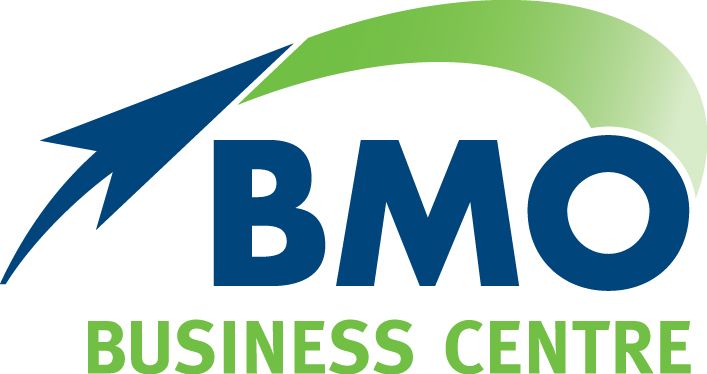Loud Budgeting
What’s all the noise about loud budgeting?
Loud budgeting is a trend that may have started as a joke but is being embraced by those who want to share their financial goals and priorities and in doing so, also improve their chances of achieving them.
It was comedian and writer Lukas Battle who bought the term “loud budgeting” to the world in a TikTok post, presenting it as an alternative to “quiet luxury” as loud budgeting represents a move away from spending to impress or conform.
As is the way with trends, the idea resonated with people, was picked up and run with by a growing group of budgeters. The spirit of the trend is about saying a loud “no” to what doesn’t align with your values. But there’s more to it than that, and there is also a right way to go about loud budgeting that will enable you to keep your finances on target – and your friendships intact.
The benefits of loud budgeting
But before we look at how to get it right, let’s explore why loud budgeting can be such a powerful tool to put you in control of your financial journey.
The fundamental reason it works is because talking transparently about your finances and sharing your reasoning behind how you want to spend your money gives you power and lets you decline invites in a way that is less likely to offend others.
Being open about your challenges can create a sense of community and inclusion. By sharing and acknowledging that it is normal to have limited spending capacity and that it can be a juggle to manage our short-term spending with our long-term savings goals, helps everyone understand each other’s pressures.
Once things are out in the open you are also more accountable. When you have shared your financial hopes and dreams with others, you are more likely to do what is required to stay on track and get support from those who care about you.
Making it loud - and successful!
Think of your goals
Before you start sharing your financial goals with others you must be clear on what they are. Think about what is important to you and what you are working towards. Don’t just have figures in your head - do a proper budget of what you have coming in, what you need to save to meet your targets and what you have left over to spend, so you can make educated decisions.
What matters to you
When you have decisions to make about how to spend your money it can help to think about what is important to you and make intentional choices. That ensures you are not living unnecessarily frugally, but being selective about what you choose to spend your money on, taking into consideration what matters most to you.
Eye on the prize
It’s important to keep your eye on the prize (or prizes) whatever form they may take. Looking to the longer term, this can be smaller goals, like saving up for a special occasion or bigger ones, such as a home deposit. It could also be prioritising payments such as mortgages, student loans and other kinds of debt. Check in from time to time to track your spending and savings against your goals.
Careful communication
Being careful in your phrasing will help make sure feelings aren't hurt when you decline an invitation. Part of loud budgeting is not saying ‘no’ outright – it's about explaining what’s going on for you and offering an alternative that works for you. For example, if you’re invited out for a dinner that you know will blow the budget, you could say “I’m trying to get enough together for a deposit to buy a place so I’m on a tight budget at the moment, can we catch up for a BYO barbeque at my place instead?
Making financial choices that are in line with how you want to live your life and prioritising long-term goals over temporary indulgences is a great way to set yourself up for a fantastic future. So why not speak up and try making your budgeting loud?

Contact Us
PH: 07 4662 3722
FAX: 07 4662 5975
178 Drayton Street (access via Hogan Street) Dalby
Useful Links
Stay in Touch
Footer Contact Form
We will get back to you as soon as possible
Please try again later
All Rights Reserved | BMO Dalby | Website design & development by Hey Marketing

